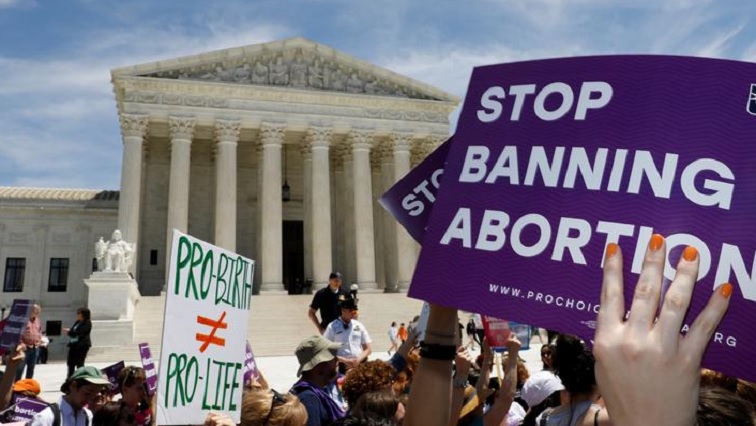Women are still not seen in their full humanity as people who have the autonomy that can self-determine pregnancy outcomes. This is according to Dr Tlaleng Mofokeng, the United Nations (UN) Special Rapporteur on the Right to Health, in reaction to a leaked Unites States (US) Supreme Court draft decision that seeks to limit the federal right to abortion in the United States.
The US Senate will on Wednesday vote on legislation seeking to codify abortion rights into law given indications the country’s highest court seems poised to overturn the landmark 1973 Roe vs Wade decision that legalized abortion in the United States for the past 50 years.
The Special Rapporteur filed an amicus brief in the current case pending before the Supreme Court arguing that overturning abortion rights in the United States would contravene international human rights law, writing in the Guardian late last year that a decision to strike down Roe would have catastrophic implications.
“The Committee on Economic, Social and Cultural Rights in general comment number 14 defines very clearly what the obligations of state parties are in order for them to fulfill and implement the right to health at the national level. And one of the important things is that states should not pass discriminatory practices as state policy, but they should also not impose discriminatory practices related to women’s health status or their needs. And we know that in this particular instance in the Supreme Court of the United States the regression in the form of taking away existing rights in the Constitution, also sets a very bad legal precedence, really bad jurisprudence that isn’t set in science or in evidence and in research, and I think that’s why for me, these issues remain a human rights issue,” says Mofokeng.
Women protesting at the Supreme Court were chanting; “Our bodies are not up for debate,”:
The leaked draft decision sent shockwaves around the country – leading to protests outside the Court and around the nation – and placing a once settled legal issue right back within the political fray with several states with trigger laws that would restrict or outright ban abortions were the decision from the Supreme Court to go as expected. The State of Louisiana is advancing a bill classifying abortion as homicide from the moment of fertilization.
“I presented to the General Assembly last year a report on the impact of COVID on sexual and reproductive health rights and in there I speak about the challenges of patriarchal oppression, patriarchal control, and in this instance, patriarchal violence that finds itself on to the bodies of women and girls and those who have the potential of getting pregnant. And as you will see, the attack is not just on access to abortion, but many states are already limiting access to contraception. They are limiting access to women leaving one state to another state to seek care. So, this is really not just about people not wanting women to have abortions, but it’s playing itself into a bigger political environment with the fertility of women being controlled.”
As the Senate now seeks to codify Roe v Wade after the House of Representatives passed the Women’s Health Protection Act last year – a bill protecting access to abortion – with an unlikely 10 Republicans needed to vote with Democrats for passage in the upper house. Dr. Mofokeng called for enabling legislation in the US.
“The issue around abortion access is more than just the ability to make a choice. Those choices that we make as people who can get pregnant are people who are pregnant have to be supported by enabling legislation and policy, which right now in the US, it’s not. Those choices also have to be supported and enabled by a service, a public health service that’s accessible, that’s affordable. For many people, abortion remains out of access because it is so expensive. And we can talk about the different elements about the drugs that are expensive, but ultimately the discrimination, the violence that providers themselves experience in the service of care continues to be concerning.”
And if the Senate bill fails as expected, the right to abortion is likely to feature prominently as a major issue ahead of the November mid-term elections that will determine which party controls both Houses of Congress.






